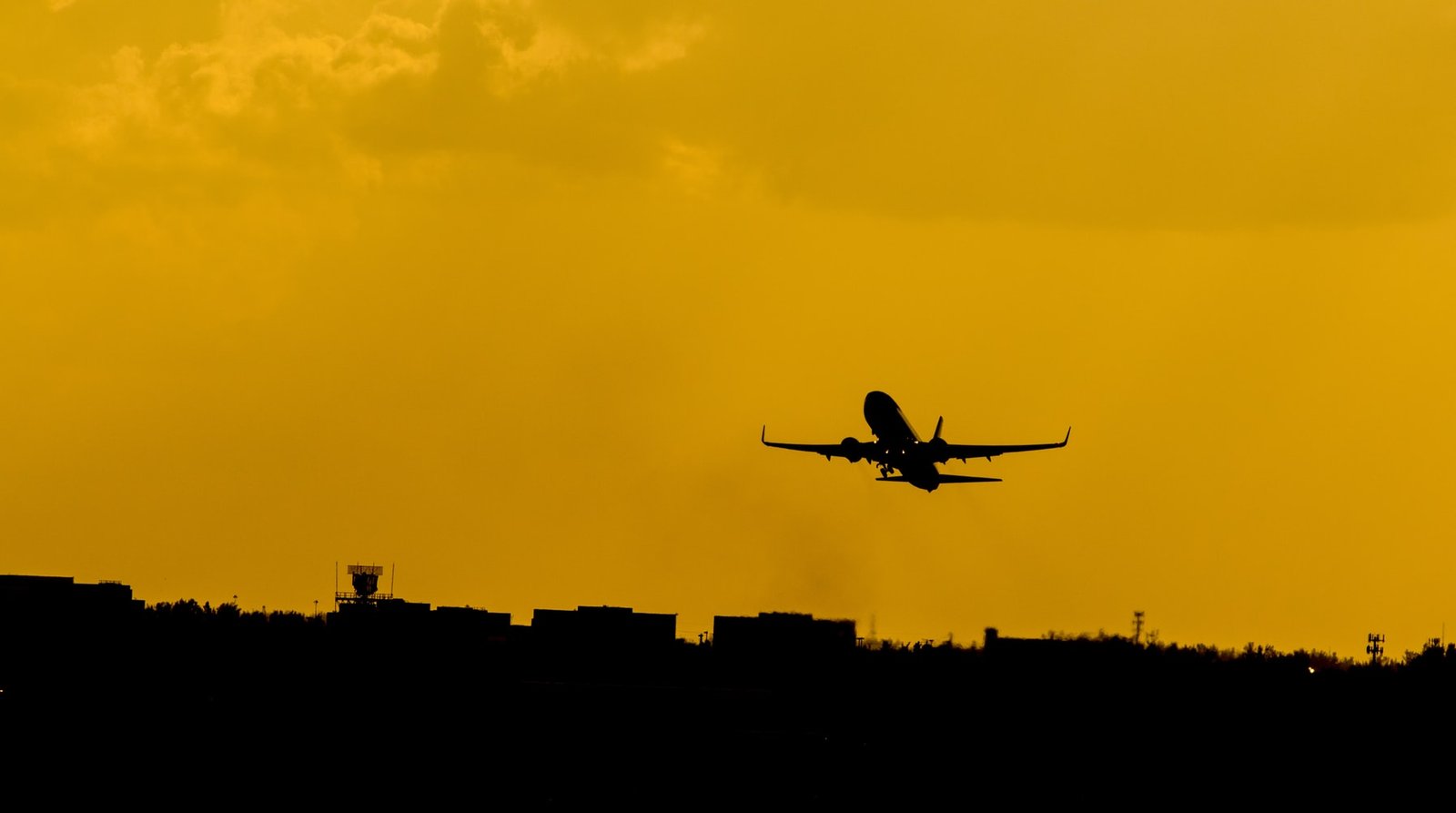US: Vacation rental platform Vrbo will begin imposing 100 per cent penalties on US hosts who fail to provide guests access to a booked property, starting October 1.
The new rule applies in most cases where travellers arrive but cannot enter, whether due to malicious intent, miscommunication, or unforeseen issues.
Penalties will equal the total booking amount: for example, a $500 reservation would result in a $500 fine. In addition, Vrbo may suspend listings and cancel future reservations for offending hosts.
Tim Rosolio, vice president of vacation rental partner success at Expedia Group, Vrbo’s parent company said: “The very worst traveller experience is when you show up and can’t get in.”
He noted that under the current system, hosts who canceled within 48 hours of arrival faced a 50 per cent penalty, but hosts who failed to cancel at all were not penalised.
Rosolio said the change ensures accountability across the marketplace and better balance protections for travellers and hosts.
The penalties will not apply in situations such as government-mandated evacuations during hurricanes or other emergencies.
Guests affected by access issues will be covered under Vrbo’s Book With Confidence Guarantee, which provides relocation to another property. The company plans to roll out the new policy globally after the US launch.
Meanwhile, Airbnb has also updated its cancellation policies effective October 1.
Under certain host-selected terms, guests will be able to cancel for a full refund up to 30 days before check-in, or receive a 50 per cent refund if canceling between seven and 30 days before arrival.
Vrbo said its approach remains focused on balancing the needs of travellers with those of professional hospitality providers, while discouraging practices that erode guest trust.
Highlights:
- Vrbo to impose 100 per cent penalties on US hosts who leave guests stranded, starting October 1
- Penalties match the full booking value
- Additional measures include suspending listings and canceling future reservations.
- Change aims to close loopholes and improve traveller protection.







